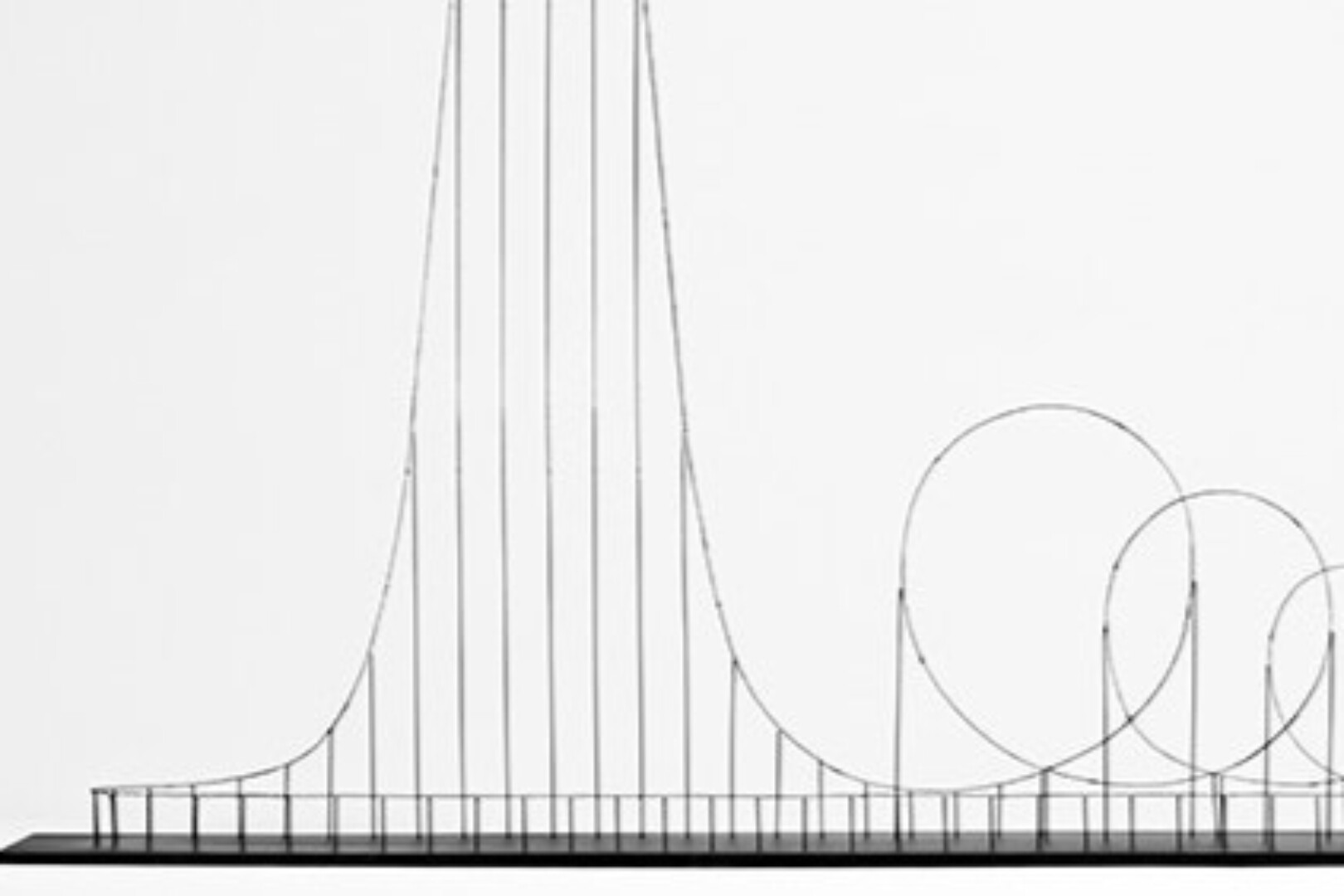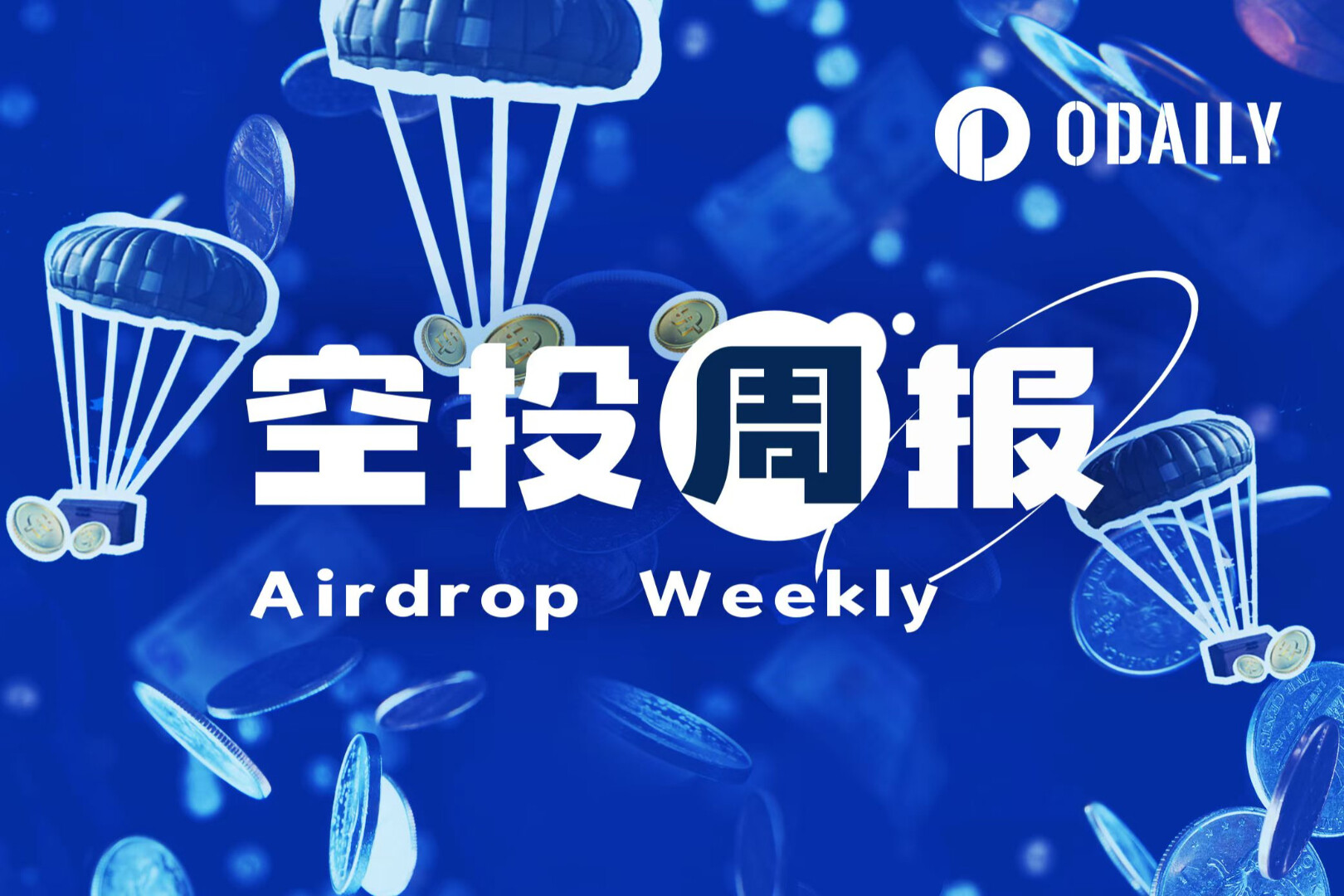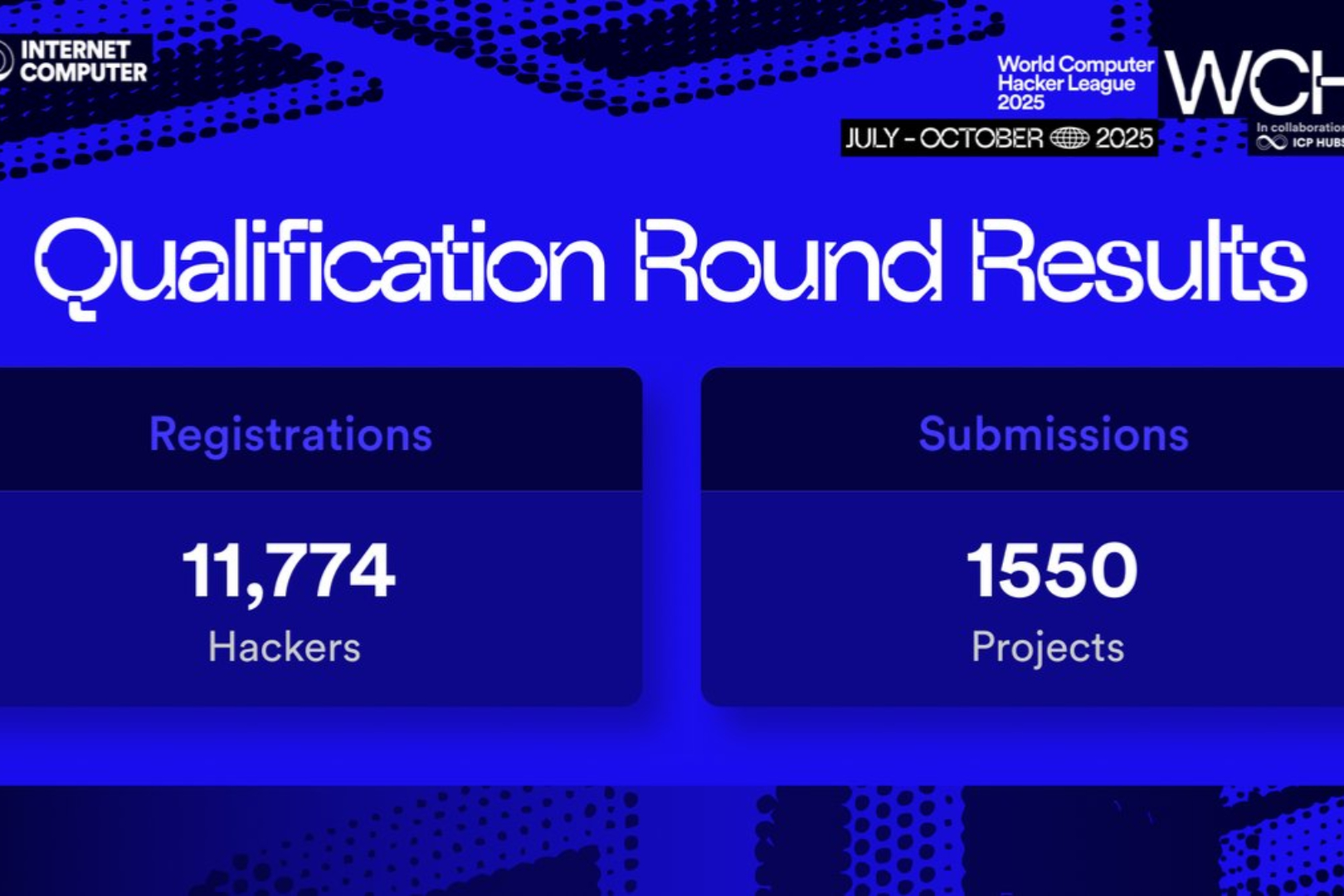first level title
What is Web 3.0? Is it a hype? Will it change the world?
Before we talk about Web 3, let's review the predecessors of Web 3 - Web 1 and Web 2.
secondary title
Web 1.0 (1990-2004) - static network, users passively receive information
Web 1 is a static web page, and the web page display is nothing more than a set of read-only pages on the Internet.
This is Web 1, a Web where users are completely in control.
secondary title
Web 2.0 (2004-present) - the Internet began to interact with people
Web 2.0 is a more democratic and free Internet, the concept was first proposed by Dale Dougherty in 2003. Web 2 turns every user from an observer into a participant, and the Internet becomes an interactive platform for people at both ends to obtain information, and there is a so-called social network.
But also from Web 2, centralized giants control all data, and everyone else becomes a consumer of the data they provide. Giants collect data from users and use big data analysis to provide better services; but at the same time, users give up their privacy and their own data value-users could have sold their data to data companies for returns.
This is Web 2, a Web where users are free and naked.
secondary title
Web 3.0 (2008-xx?) - Free and Open, Shared Governance
Web 3.0 is a free, secure Internet governed by users.
Why do I tentatively start it from 2008? Because in 2008, Satoshi Nakamoto released the Bitcoin white paper, in which he pointed out the core foundation of blockchain technology and invented a peer-to-peer digital currency, which set off a wave of Web 2.0 reforms. However, some people believe that the idea of Web3.0 was first proposed by Gavin Wood, the co-founder of Ethereum, in 2014. He believes that the vision of Web3.0 is to realize a serverless and decentralized Internet, where every user can Take control of your identity, data and destiny.
But in fact, the decentralized Internet model did not really enter the public eye until the smart contract was invented. If Bitcoin enables peer-to-peer payments, smart contracts extend the concept of programmable protocols to enable more advanced use cases such as payments, games, identity authentication, and decentralized management. With the help of smart contracts, users can interact directly and securely, creating a decentralized internet with trust and privacy.
first level title
What are the core characteristics of Web 3.0?
1. Privacy
Every user can feel the convenience from the era of big data, but the consequence of convenience is that there is no privacy at all.
Giants such as Amazon and Facebook spend vast amounts of servers storing information about their users' dietary preferences, income, interests, credit cards, and more, not just to improve their services—they sell the information to marketers and advertisers, and spend each year because of the data. The sale generates billions of dollars in revenue.
In the Web 2 era, people need to rely on centralized giant companies, which provide us with good infrastructure and convenient services. At the beginning, users also felt that there was nothing wrong with providing personal data to giant companies that provide services for free, but after a long time of getting used to it, many users also felt the horror of data leakage.
Let me tell you about my personal experience. I voiced an orange in WeChat, and when I opened Taobao, I could see orange recommendations. At that time, I felt like I was falling into an ice cave, as if I was living in a box full of surveillance. Add to that the fact that in 2014 Facebook modified the content of the news feeds of 689,000 users to see the positive or negative effects of "emotional contagion." This is a so-called "grand" experiment, and every user is the subject of the experiment; how many similar experiments have there been? How many times have each of us been guinea pigs?
In the case of mainstream centralized services, the issue of user privacy cannot be completely avoided. But with the concept of decentralization brought by the blockchain, people's privacy issues can be solved by this. Users of Web 3 should have privacy, users don't need to trust third parties or intermediaries, don't need to provide user email or password to access any kind of functionality (perhaps just an anonymous wallet address), their data should be owned and owned by them control. Much of the vision for Web3 is based on blockchain technology.
Blockchain is basically a decentralized network built on peer-to-peer connections. Each device on the network handles a small portion of the computation and communication that occurs on the network, creating a serverless online network. Peer-to-peer allows serverless communication between users and also makes it possible to bypass any centralized third parties.
Then someone will definitely ask, bypassing the centralized giant? How to implement convenient services such as smart push? The answer is through artificial intelligence. Artificial intelligence will become the mainstream in the future. Users' data will no longer be provided to giants, but will be directly acquired by artificial intelligence. Artificial intelligence will directly push the results we want to us through calculation. The whole process is point-to-point, and By encrypting the entire process and data will not be known by third parties.
Since the invention of the Internet, user interactions have been improving. Users also need greater privacy and control over their own data, and a silent revolution is quietly unfolding.
2. Democracy
I have considered using the term shared governance, but it seems that the term democracy is more meaningful. After all, ordinary people in Web 3 are the carriers.
The centralized monopoly in the Web 2 era makes users almost have no right to participate and make decisions. For example: a piece of music you purchased may be taken off the shelves due to the copyright issue of the project party, but you have no compensation; a character in your game is weakened due to official planning, and your previous efforts are in vain; you A certain video posted was forced to be taken down because of official unhappiness, and you have nothing to do.
V God, the founder of Ethereum, was canceled by Blizzard in 2010 due to the related skills of his favorite character in "World of Warcraft", and the game was angrily deleted. It may also be because of this experience that V God has the idea of DAO in the future—— Establish an open, transparent, democratic, and equal utopia that can gather people, resources, or make decisions more efficiently.
In fact, DAO is a part of the application instance of Web 3, and fair governance is the core of both Web 3 and DAO.
The emergence of token economy and digital assets makes fair governance possible, that is, developers no longer have dictatorial rights, and contributing users can actually participate in operational governance. Decision-making will be more democratic rather than centralized, and users can no longer Consumers alone can also be beneficiaries, and a complete incentive mechanism will be more efficient than traditional reward mechanisms such as "salary".
In the future, the traditional form of corporate system may be impacted, and it will be replaced by a form of community collaboration. With the help of blockchain, users will have no barriers in national borders, distance, payment and circulation, which will allow anyone (community) to attract participants around the world through a suitable incentive system after they have an idea of doing things— — rather than limited to a certain distance.
A community-governed decentralized network that will eventually outperform state-of-the-art centralized services.
3. Fairness
Centralized monopoly not only makes users have no right to participate, but also causes information gap to make people's labor obtain unequal benefits.
The current environment seems to have improved production efficiency, but almost the entire society is working for the centralized giant platform, and the giants have achieved a real monopoly. This kind of monopoly makes it difficult for small start-ups to compete and survive, and it is difficult for consumers to obtain services of the same quality from other platforms, so that giant platforms can set prices at will, and it is difficult for service providers to obtain corresponding returns.
This is very different from people's initial expectations for the Internet. The Internet should be able to solve these social problems in a positive way, rather than turning contradictions into new problems. People's demand for value redistribution is becoming more and more urgent. As a result, users began to pin their hopes on Web 3—an idealized Internet, which should allow all people to participate, without middlemen to make a difference, and users are not only consumers but also participants (such as chain games under the P2E model) , the network has become collaborative rather than just value extraction; its emergence will make the Internet more intelligent and people's lives easier.
This is an idealized state, but before this initial difficulty, how to achieve fairness in participation?
In fact, the emergence of smart contracts has solved this point. For example: when users see a good start-up project, they only need to purchase tokens or other methods to invest, without cumbersome review procedures, and only need a wallet and digital currency; after the emergence of defi, whether users can borrow depends on their own Whether you hold relevant tokens or not, there is no need for procedures such as capital verification, which makes it possible for everyone to participate.
Smart contracts are executed according to a set algorithm, and there are no emotional factors such as emotions, so it has the attributes of decentralization and peer-to-peer, and is trustworthy and completely fair.
The above points must give everyone a better understanding of Web 3, the "utopia" of the Internet, so why has Web 3 been caught in a wave of hype? Because Web 3 at this stage solves one pain point, but also has new disadvantages; it is like a baby, with too many trunks that have not been fully developed. Let's start with the three core features in the article.
How to balance personal privacy and public supervision?
Privacy is very important, and transparency is also very important; personal privacy needs to be protected, and community decisions need to be transparent and open. However, excessive protection of personal privacy will greatly increase the difficulty of combating crimes on the chain. Will this become a hotbed of crime? There are endless criminal patterns on the Internet, especially on the chain-in 2021, due to security issues on the chain, the global loss will exceed 9.8 billion US dollars. Before the real arrival of Web 3, what kind of foreshadowing and endorsement should there be for security issues?
How to balance democracy and stability?
What DAO has changed is the way human beings are organized, and the epidemic has accelerated people's recognition of the advantages of DAO. At present, it seems that DAO's democratic management method is very suitable for communities and start-up companies, but is it really suitable for the management of large companies or even cities? Some people question: DAO can replace large companies, but it is impossible to become the greatest company; because a great company must be composed of a few outstanding leaders and a group of executives. And at least for now, most DAOs are loose organizations, and centralized management is obviously more stable.
How to balance artificial intelligence with artificial intelligence?
Absolute fairness must be achieved peer-to-peer, bypassing the central organization, which is equivalent to handing over all judgments to artificial intelligence. At present, it seems that artificial intelligence has solved the problem of people's hands, and the world has basically entered the era of automation, but in essence, most of the judgments are now made by human intervention. Can artificial intelligence's prediction of human behavior really reach the fully automatic level? If it is achieved, will there be a problem of being too intelligent and refusing to serve human beings? Although the crisis of artificial intelligence is unlikely, after all, no one can fully predict. And most importantly, the upgrade and logic setting of artificial intelligence is still manual intervention in essence, so which form of setting and intervention can be "absolutely fair" or make most people feel fair? Worth pondering
And how to break through under the monopoly of Web 2 giants? Twitter founder Jack Dorsey tweeted: "Web3 is not owned by users, but by VCs and their LPs. Web3 will never escape their incentives. It is ultimately a centralized entity with a different label. Although this has caused dissatisfaction among many people in the industry, in fact VC does monopolize the early investment of Web 3.
But freedom is the value yearning of human beings since ancient times, and it cannot be obliterated by high pressure and danger. Web 3 allows people to see the possibility of making their own decisions and breaking down the walls. Such a thought is itself an inspiration. It is difficult for us to predict what the real Web 3 will be in the future - after all, BTC has just come out, and few people think of Defi and NFT. Web 3 is still in the early stages of pregnancy, no matter whether it can develop smoothly, everyone will be willing to give it some applause and encouragement - behind it is people's pursuit of freedom.
NFT Labs provides relevant information only and does not constitute any investment advice.





